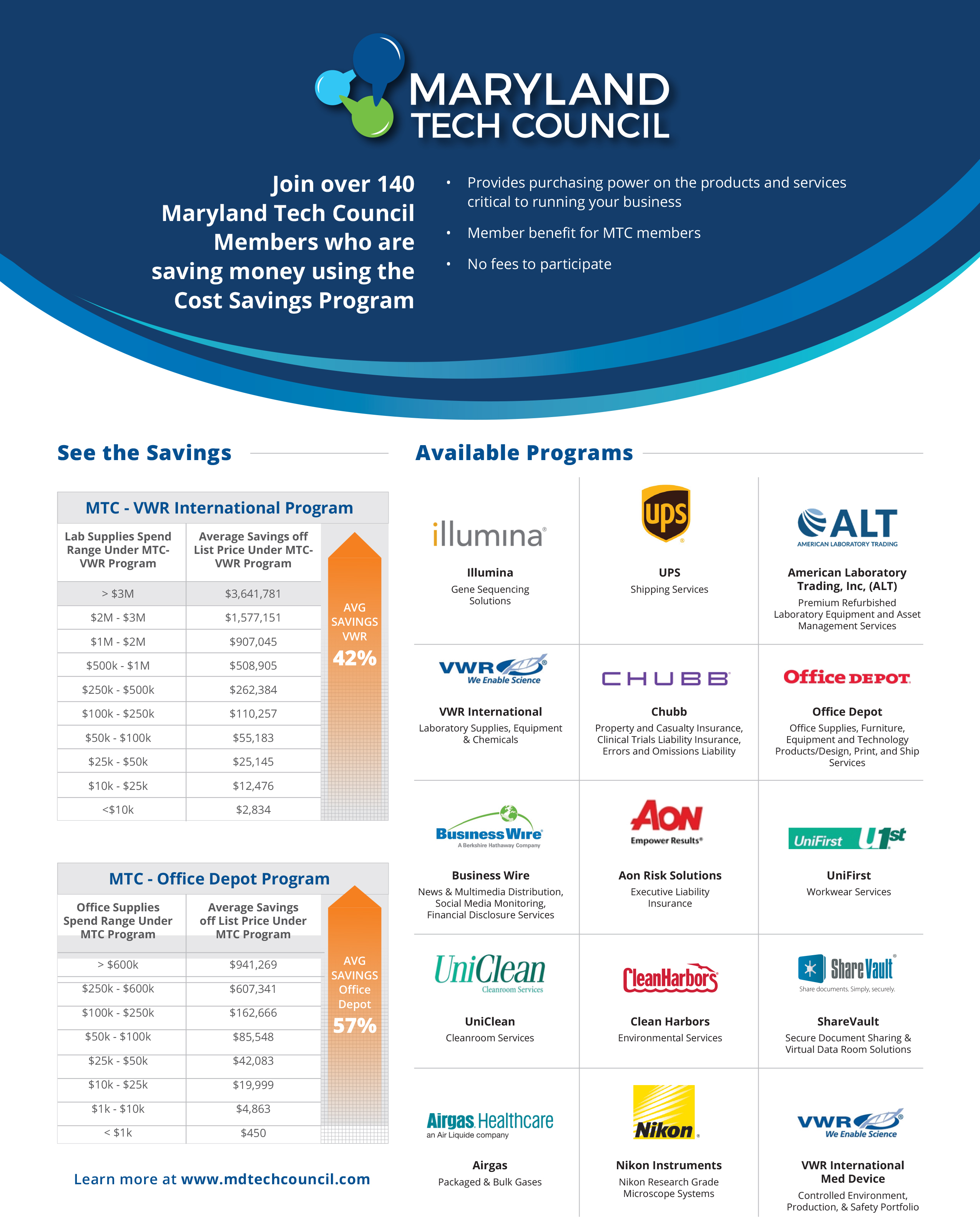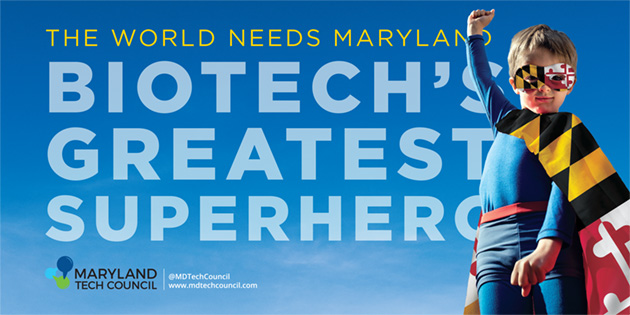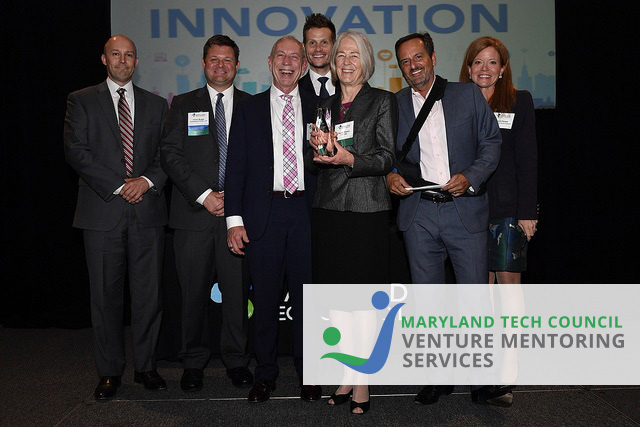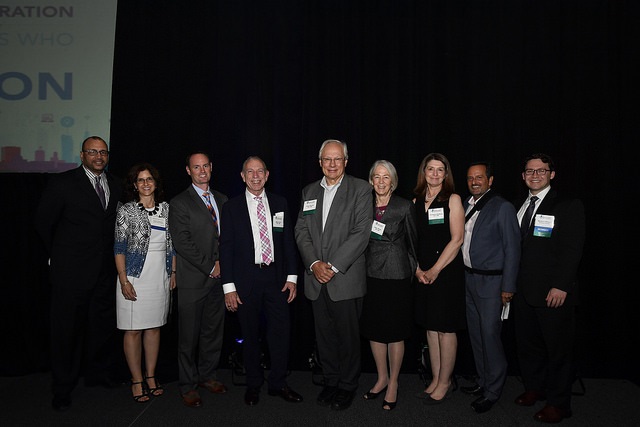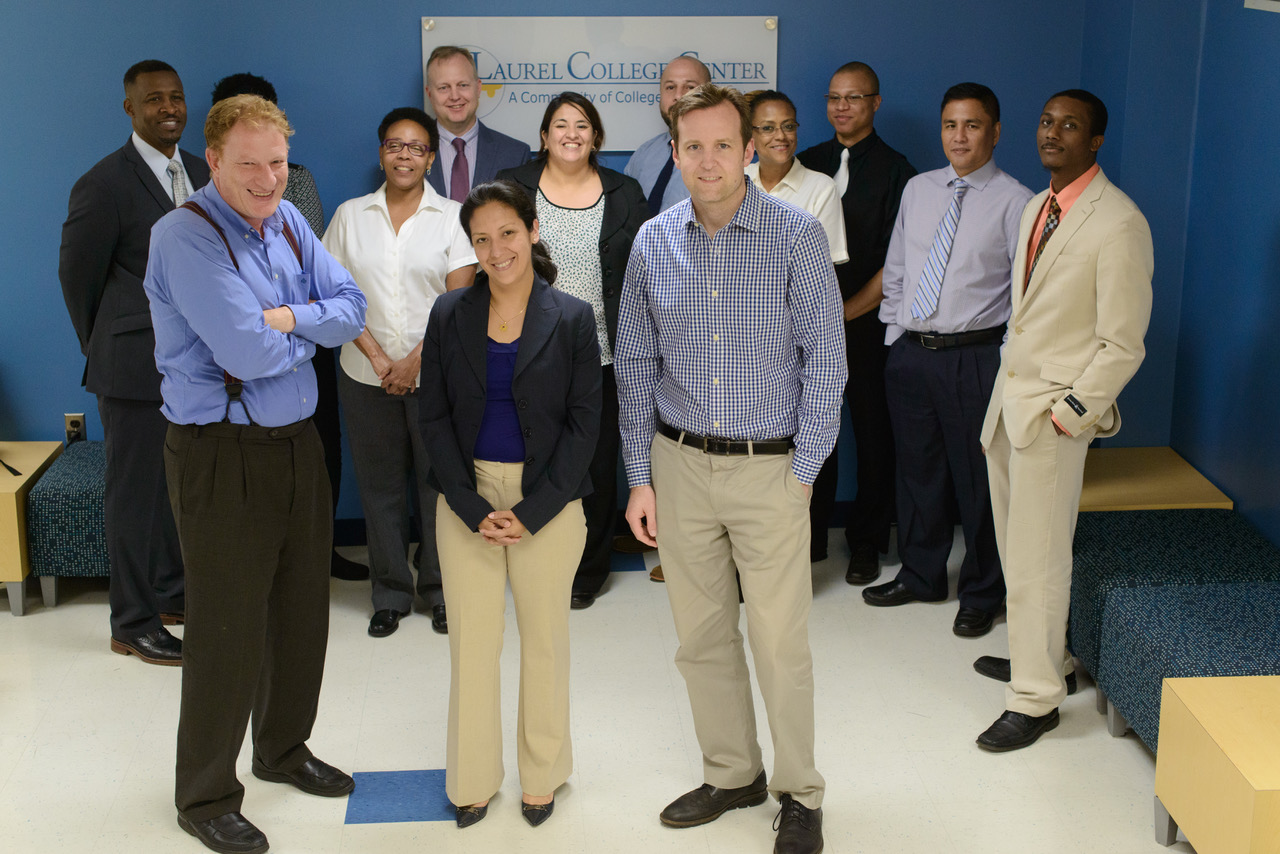Join us at Maryland Association of Counties (MACo) Conference
Please join the Maryland Tech Council at the Maryland Association of Counties (MACo) Conference, August 16 – August 19 in Ocean City, Maryland. Be sure to visit us at the Tech Expo on August 16 and at Booth #524. If you are already registered to attend, please email Tami Howie, tami@mdtechcouncil.com so we can include you in our delegation. If you have not registered do not miss the chance to represent the Bio and Tech Community to all of the legislators, county and state officials and spend time with the Governor of Maryland, Larry Hogan. Click below to register (use discount code for MTC members: MTC2017 and get get 25% off of registration for tech day and 20% off full registration for all days.
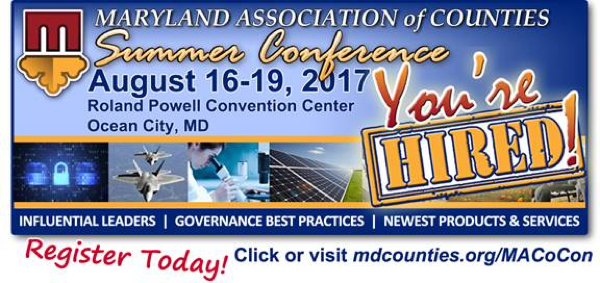 Click here to register.
Click here to register.
MACo President and Baltimore County Executive Kevin Kamenetz commented, “MACo is thrilled to partner with the Maryland Tech Council for this event. Bringing together county officials with leaders in the technology and life sciences communities is exactly what we should be doing to explore new horizons for our state. We are looking forward to a great event and an amazing partnership that is sure to produce positive results for the people of Maryland.”
MTC Chief Exective Officer, Tami Howie states, “we are encouraging all of our members to attend the MACo conference to work with state and county officials to develop programs and policies that help make Maryland the greatest innovation hub in the country. Let’s start the conversations now.”
TECH EXPO—WEDNESDAY AUGUST 16TH 11:00 am to 4:00 pm
MTC is partnering with the Maryland Association of Counties (MACo) to bring you this year’s Tech Expo. Arrive by 11:00 am on Wednesday to explore a hall of tech-focused vendors. Hear vendors pitch to government officials in an IGNITE session, and listen-in to thought-leaders discuss how to net a biotech boom in Maryland, and what the newest in social media and virtual reality have to offer business and government. Entrance in the Tech Expo is included in a full registration, or is available as a separate option.
In a special general session on Friday morning of the conference, MACo will feature a pitch-competition with entrepreneurs from across Maryland and five different growth sectors vying for bragging rights as Maryland’s best bet for economic growth. Join the experience to see how industry representatives portray their field, and how their start-up stacks up against the others. Vote for your top pick and see how your assessment aligns with three expert judges.
Friday, August 18th 9:00 am – 10:45 am
The Voice of Entrepreneurship: Who Has the Perfect Pitch for Maryland?
Startup Maryland and the SRT1UP Roadshow tour Maryland to celebrate, coach, curate, and capitalize high-potential entrepreneurs. Over the course of the year, the Roadshow has focused on five high-growth trajectories: cyber/IT; manufacturing 4.0; health, wellness, and life sciences; rural innovations; and social innovations. In this untraditional session, tune in to these economic drivers, hear actual pitches from the best-of-the best of the Roadshow tour, and learn how to assess investment opportunities. Judges on stage, including an active institutional venture capitalist and a recognizable serial entrepreneur, will grill the pitchers as the audience responds. Do you know what your county should listen for as startups like these join the chorus of Maryland industries? See if your vote for perfect pitch is in harmony with the experts.
Speakers: Stacey Smith, CyberSecurity Assoc. Of Maryland; Mike Galiazzo, RIM; Charlotte Davis, RMC; Tami Howie, Maryland Tech Council; Richard May, Innovation Village
Judges: Julie Lenzer, Associate Vice President of Innovation and Economic Development and Co-Director of UM Ventures, University of Maryland; Bruce Mcindoe – Founder and CEO iJET; C.A. Dutch Ruppersberger, U.S. Congress, Maryland’s 2nd District
Moderator: Michael Binko, Founder and CEO, Startup Maryland
Wednesday, August 16th 11:30 am – 12:30 pm
“SWITCH PITCH” IGNITE! Session – Meet Your Match: Solutions to County IT Challenges
Gain quick insight into what tech can do for county governments in this fast-paced session. County IT and management professionals will state their needs, and vendors in the Tech Expo Tradeshow will respond with their pitch for solving the top tech issues. Attendees will get a chance to learn a little about a lot of vendors in a short period of time. Listen and learn!
Moderator: Richard Cerkovvnik, Interim CPAM Director, Montgomery College
Wednesday, August 16th 12:45 pm –1:45 pm
BIOTECH BAIT: Can Maryland Net a Boom in Biotechnology?
Maryland counties have a big stake in a potential boom of the biotechnology industry – if Maryland lands it. What is the county role in making Maryland an international hub for biotech? In this session, industry leaders share what they are looking for when they scope new locations, and what they need to grow in the land of crabs and corn.
Speakers: Julie Garner, AstraZeneca Medimmune; Henry Bernstein, Scheer Partners; Brian Gaines, MDBio Foundation;
Chris Frew, BioBuzz
Moderator: Tom Sadowski, Vice Chancellor for Economic Development, University System of Maryland
Wednesday, August 16th 2:00 pm – 3:00 pm:
Headsets On: Get Ready for Virtual Reality and the Social Shake-Up
Virtual reality is one of the hottest and most mysterious types of tech. Virtual reality’s tempting serum, poured over snowballing social media use, could turn the way that government interfaces with the public into one heck of a snow cone. VR applications for county governments already include tourism, economic development, and information science, with more to come. Join this session to hear more about the opportunities presented by virtual reality and its integration with county services.
Speakers: Jason Michael Perry, Mindgrub; Julie Lenzer, University of Maryland; Will Gee, Balti Virtual
Moderator: Brian Darmody, Associate Vice President for Corporate and Foundation Relations, University of Maryland


